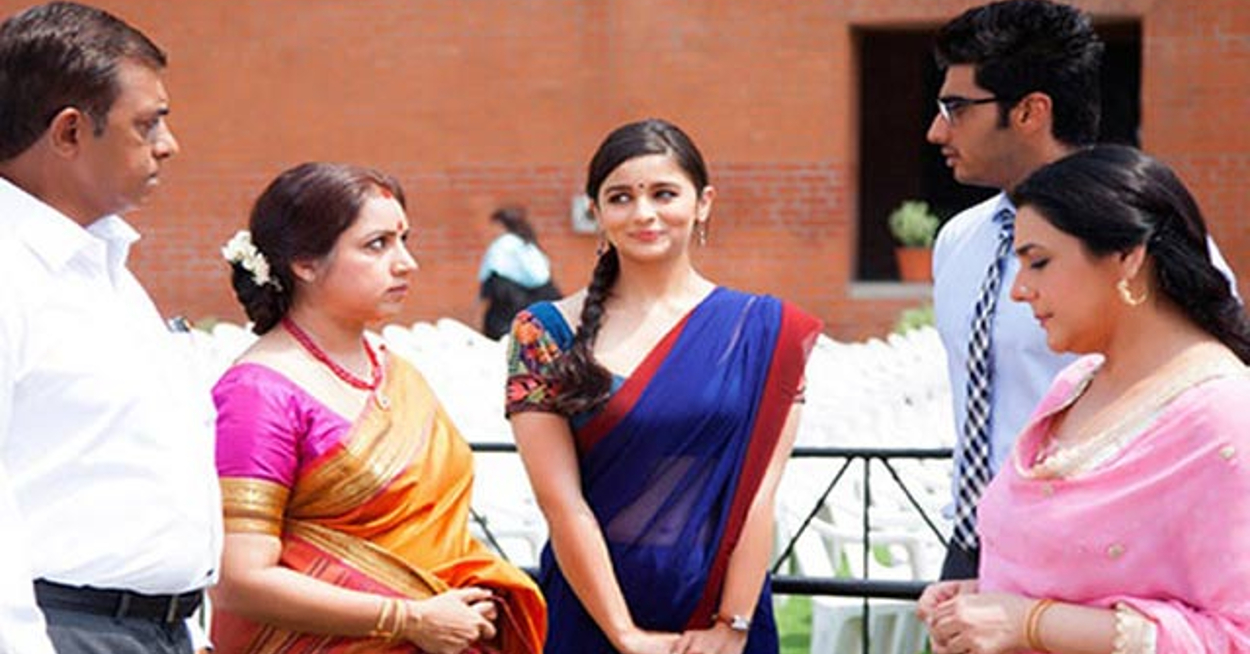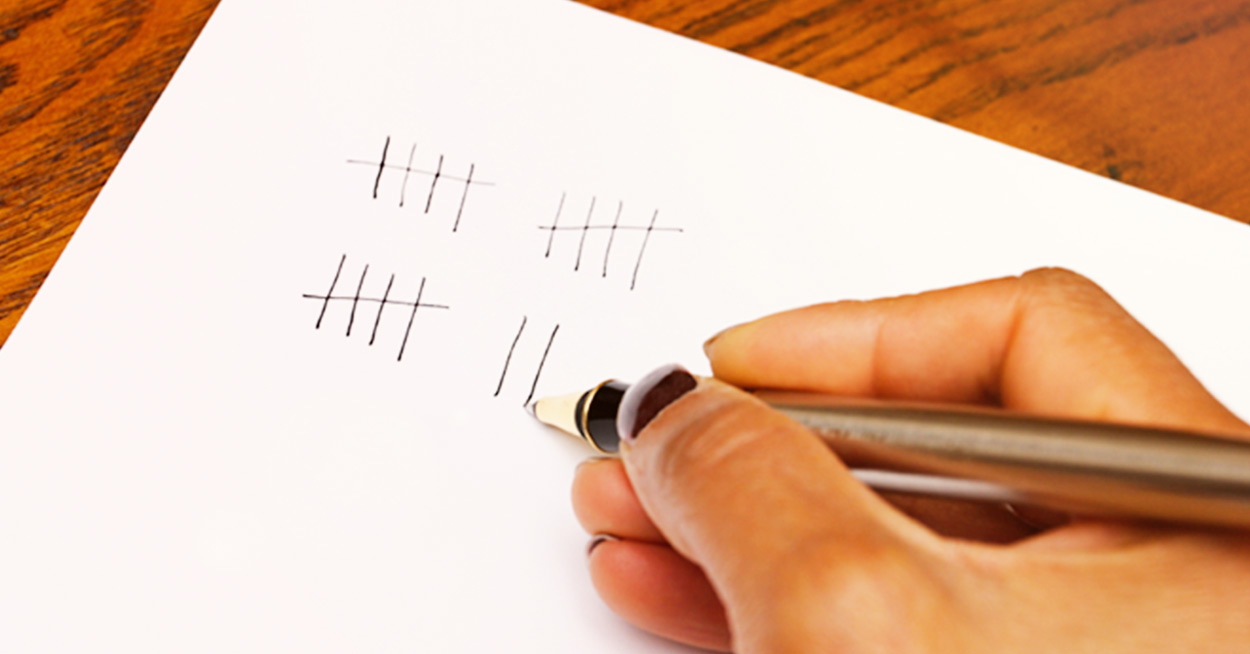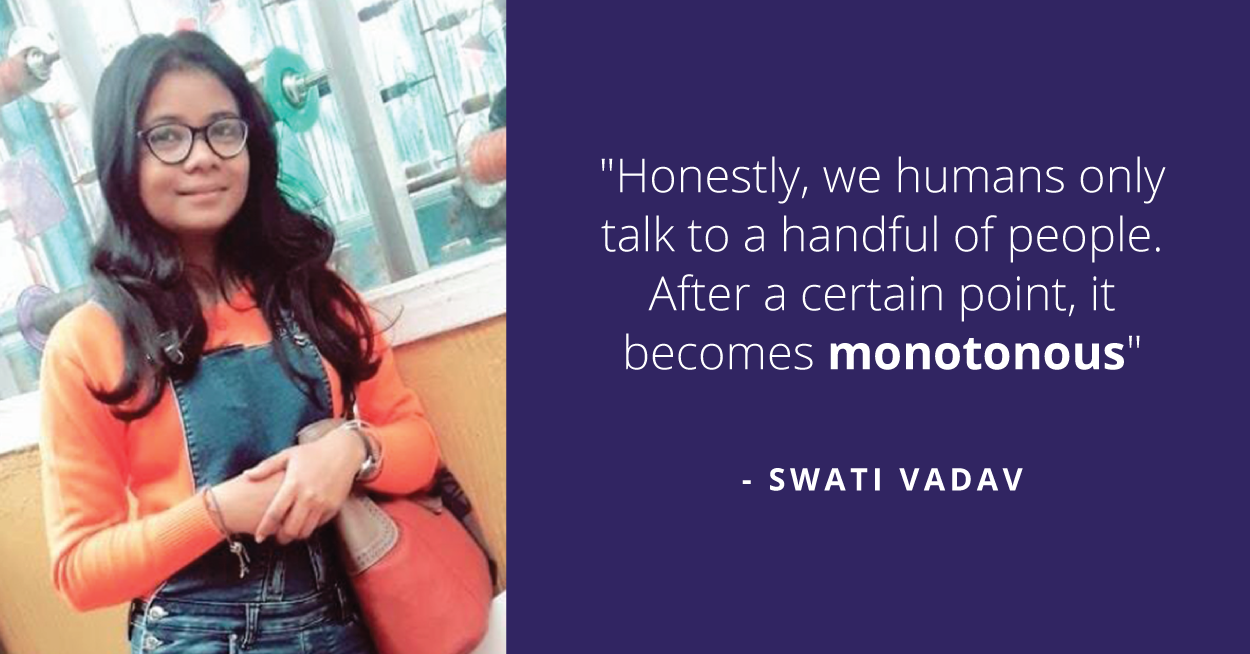A majority of us come from societies that endorse collectivism. With time and the growing influence of the west, however, we are starting to lead individualistic lives. Families are becoming smaller and thus, nuclear families are becoming more common. But let’s stop for a moment and think. Who are we subtracting from our families to gain this feeling of independence? Grandparents – the loving, patient, dignified, the story-tellers, the reason we are where we are, and the reason we are who we are.
We leave this world just as we entered it. As Shakespeare famously says, “Old age is second-childhood”. At this stage in their lives, our grandparents are nothing less than our children. With silver in their hair and gold in their heart, some enjoy telling us stories, some enjoy listening to ours, and some enjoy the stories the idiot box shares. As we hope to lead independent lives we forget that there is someone we are still indebted to. To put it simply, if you have grandparents, you must cherish them.
To put it simply, if you have grandparents, you must cherish them.
We, the children of today, believe in the existence of a generation gap. That is a very common reason for arguments and the fights at home. But grandparents can often be the moderators of generational conflict at home. Less stress and more time allow them to clear the sky and understand the situation. Moreover, when we confide in them and update them about the happenings in our lives, they feel younger and more in touch with this rapidly progressing world.
They’ve come so far with dignity. So why should we let them stop now?
I would like to share a personal incidence here: once my family and I were watching the movie Bhaag Milkha Bhaag. I sat beside my grandfather and for the first time in my life, I saw him shed tears continuously. As Milkha found his sister at one of the camps, images of his own sisters and his travel from the village of Rawalpindi to the city of Mumbai flashed in front of him.
It was really overwhelming.
When we went home that night, he told us stories of his journey to Mumbai; and how an old Pakistani gentleman helped him hide from the other Muslims and get onto the train that brought him to this side of the country.
To take on the present, we must understand the past well. Never before had I thought that my family history was this close to the partition of India, emotionally.
Our grandparents are the closest link we have to the wisdom of the ancient. They can link us to our past using their own experiences.
We are constantly being blamed for losing touch with our culture, principles and beliefs. While I agree that we are questioning a number of these principles and customs for their redundancy, I’d like to emphasize here that many of these are not redundant. They deserve to be carried forth. They form a part of our own identity. It is only ideal that our grandparents imbibe these cultural beliefs into our lives.
I have been surrounded by my grandparents since I was born. I know deep down inside that no other individuals can give me the same happiness, contentment, and pride. They have the experience and they have unconditional love to share. It’s not quite possible to say that they play one particular role in our lives – they are our mentors, our parents, and our friends. Aren’t they called grand for a reason after all? 🙂
So let’s appreciate their presence and fulfill our responsibility to give them a joyous life for as long as we can.
“Last scene of all,
That ends this strange eventful history,
Is second childishness and mere oblivion,
Sans teeth, sans eyes, sans taste, sans everything.”–William Shakespeare



